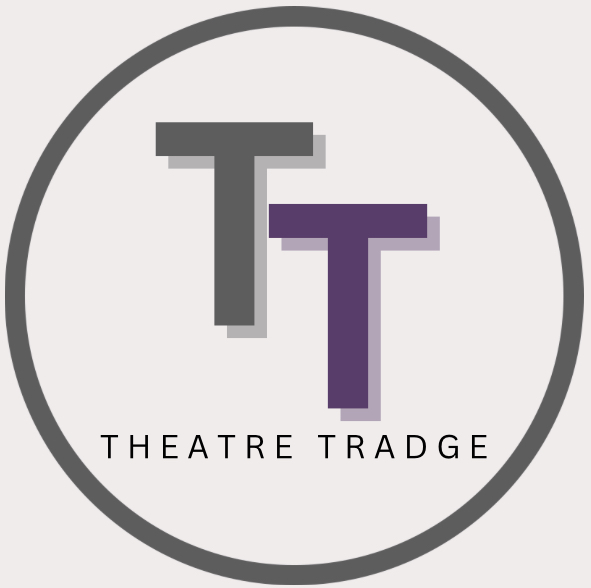AN INSPECTOR CALLS - The Lowry, Salford (18/01/25)
- James Tradgett
- Jan 19, 2025
- 2 min read
Updated: Feb 3, 2025
Almost 80 years after it first premiered in Russia, arguably J. B. Priestly’s best known work has stood the test of time, having been adapted countless times, but none more notably than Stephen Daldry’s staging of 1992 at the National Theatre, which reimagines the material to reference both post-world war two, around the time there play was written, and pre-first world war era in 1912 when it’s set and, over 30 years later and following several UK tours, this iteration continues to have audiences gripped.
Considered a staple of the “drawing room play” genre first developed in the Victorian era by playwrights such as Noël Coward and Edward Albee, “An Inspector Calls” focuses around the upper-middle-class Birling family, whose collective evenings are unexpectedly interrupted by the arrival of mysterious “inspector Goole”, enquiring about the perceived suicide of a working-class woman in her 20s; however the real interest, rather than being a traditional “whodunnit”, is the various connections to the victim of each family member.

The play very much straddles the divide between drama and farce, which is highly accentuated by the considerable degree of melodrama on display by the performers on stage; this doesn’t quite descend into the realms of being bona fide farcical, but it comes close enough to feel like it’s difficult to take the production entirely seriously. Thankfully the enigma surrounding the titular Inspector is enough to hold our interest, and each testimony weaves brilliantly into the others.
It’s the design elements though that are especially impressive, the set designed by Ian MacNeil is huge in scale, and in particular the moment when the house collapses towards the end elicited gasps from all corners of the audience. The lighting design by Rick Fisher added considerably to the eery, suspenseful nature of this piece, along with terrific sound design by Sebastian Frost, and a stunning score composed by Stephen Warbeck that most strikingly included some fantastic writing for, and performances by bowed strings, especially for cello.

Whilst the overall quality of performances was pretty solid, there were a handful of moments when the play began to feel like a bit of a soap opera, with occasional melodramatic exchanges and exclamations somewhat puncturing the drama of the moment. That said, the portrayal of Inspector Goole by Tim Treloar was superb, he commanded that stage and held the audience magnificently throughout, and Leona Allen as Sheila gave a performance of assured conviction.
I think it is fair to say that, though the popularity of An Inspector Calls has spanned generations, largely due to its inclusion in school syllabi, it is a tough one to fully sell as a drama, due to the slightly campish and over-the-top nature of the characters. In spite of this, it still held my attention throughout, and the final twist certainly wasn’t one I saw coming, for which one has to say its storytelling can only be seen as a success.
★★★☆☆
"An Inspector Calls" is currently touring the UK






Comments